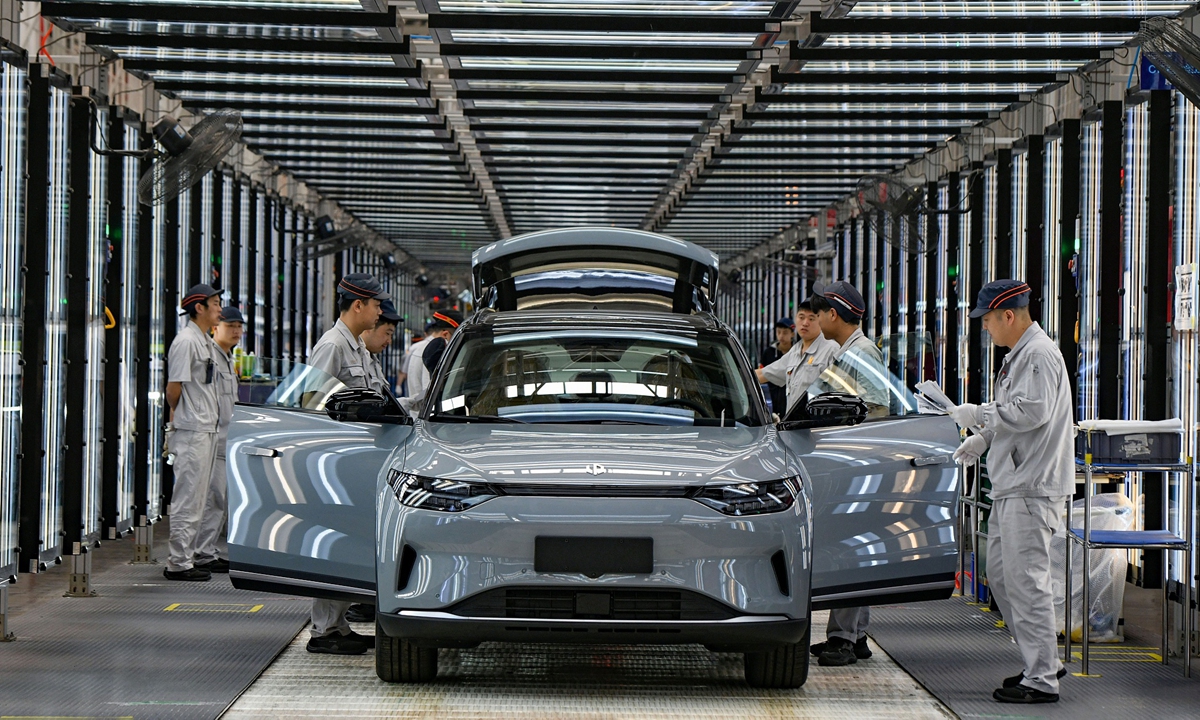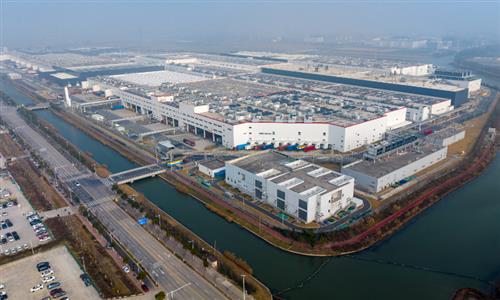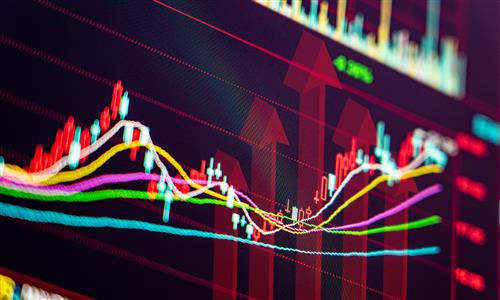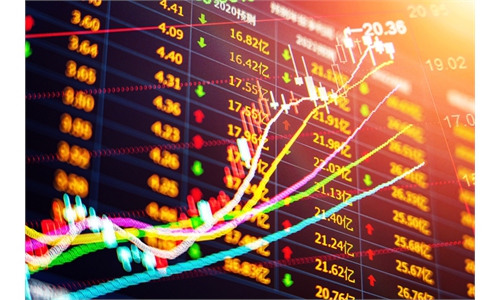China’s EV giants speed up overseas factory construction, further bolstering global green transition

Workers complete assembling an electric vehicle (EV) at China's EV start-up Leapmotor in Jinhua, East China's Zhejiang Province on April 1, 2024. The smart EV factory delivered 14,567 new vehicles in March, a yearly increase of 136 percent. Photo: VCG
China's electric vehicle (EV) giants are gearing up to build overseas plants, with BYD reportedly signing a deal with Turkey to build a factory on Monday local time.
Chinese experts noted that building factories overseas can accelerate the internationalization of Chinese car companies by expanding their global reputation. In addition, the plants will have a multiplying effect, including bringing China's advanced technology to investment countries, providing more local jobs and further bolstering global green transition, they said.
According to a report by Bloomberg, the BYD deal involves investing about $1 billion in the plant, which will produce 150,000 electric and hybrid vehicles annually and include a research and development center.
The Turkish factory is expected to start production at the end of 2026 and will create up to 5,000 jobs, said the report.
In addition to Turkey, the Chinese EV firm is actively exploring the global car market. On July 4, BYD's Thailand plant, its first EV plant in Southeast Asia, went into production. On June 28, the first batch of mass-produced new-energy vehicles (NEVs) at the company's Uzbekistan plant rolled off the production line.
BYD is not the only automaker accelerating its development of overseas markets. According to an official announcement by Neta Auto, one of the emerging Chinese NEV manufacturers, its first flagship store in Africa opened on June 26 in Kenya's capital, Nairobi.
GAC Aion, an NEV subsidiary of Guangzhou Automobile Group Co, started the construction of its Thailand plant in January. It is the company's first overseas production base with a designed annual capacity of 50,000 units. In April, the company signed a cooperation agreement with Indonesia's INDOMOBIL Group, which will carry out all-around strategic cooperation in the fields of vehicle manufacturing, automotive sales and services, as well as finance and energy ecology.
Industry insiders noted that Chinese carmakers are entering the second half of their globalization process, with their products going out in the first half, and their factories "going out" in the second. Under enhanced cooperation in the global automobile industry, China's automobile factories "going out" is a general and irreversible trend, they said.
"Overseas plant construction can accelerate the internationalization of Chinese automobile enterprises, and with the increase in overseas sales, the international influence of their brands has also been greatly improved. Moreover, after accumulating experience, these enterprises can build factories in more countries," Zhang Xiang, secretary general of the International Intelligent Vehicle Engineering Association, told the Global Times on Tuesday.
Zhang noted that the unreasonable suppression led by the US and Europe has also prompted Chinese carmakers to set up overseas plants. "Some Western countries don't welcome Chinese electric cars, but China-made EVs are in great demand in other markets. This will also thwart the West's plot to suppress China's NEV sector, which will ultimately cost these countries," said Zhang.
Governments around the world have an obligation to reduce carbon emissions and have a timetable for achieving carbon peak, and NEVs are an important way of doing this. China's NEVs help people travel more smoothly on the road while saving energy and reducing emission, and consumers can spend less money to buy better cars, the expert noted.



